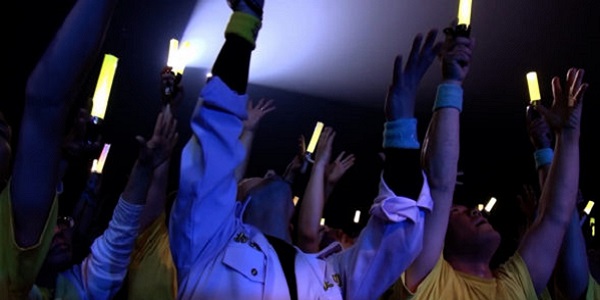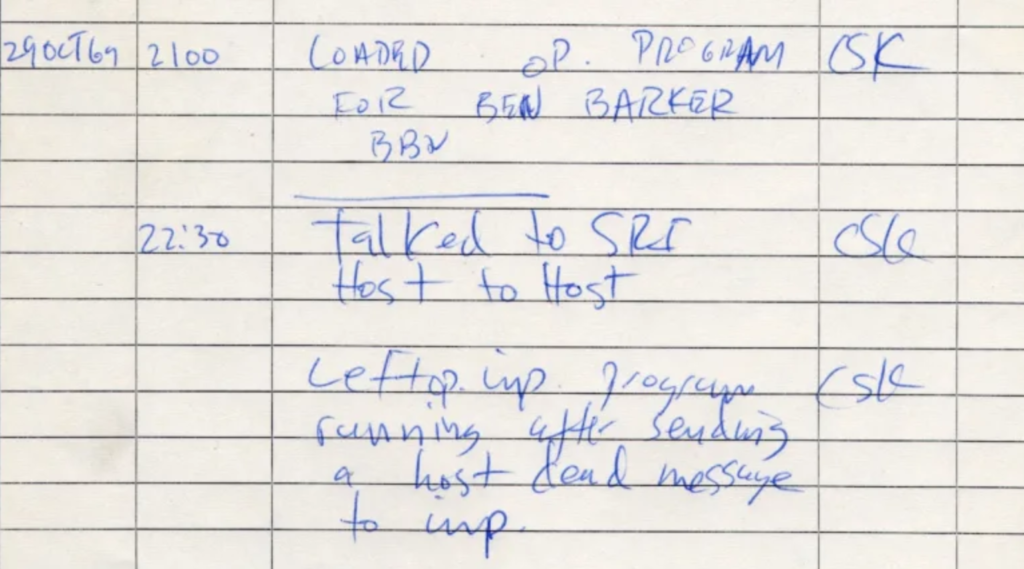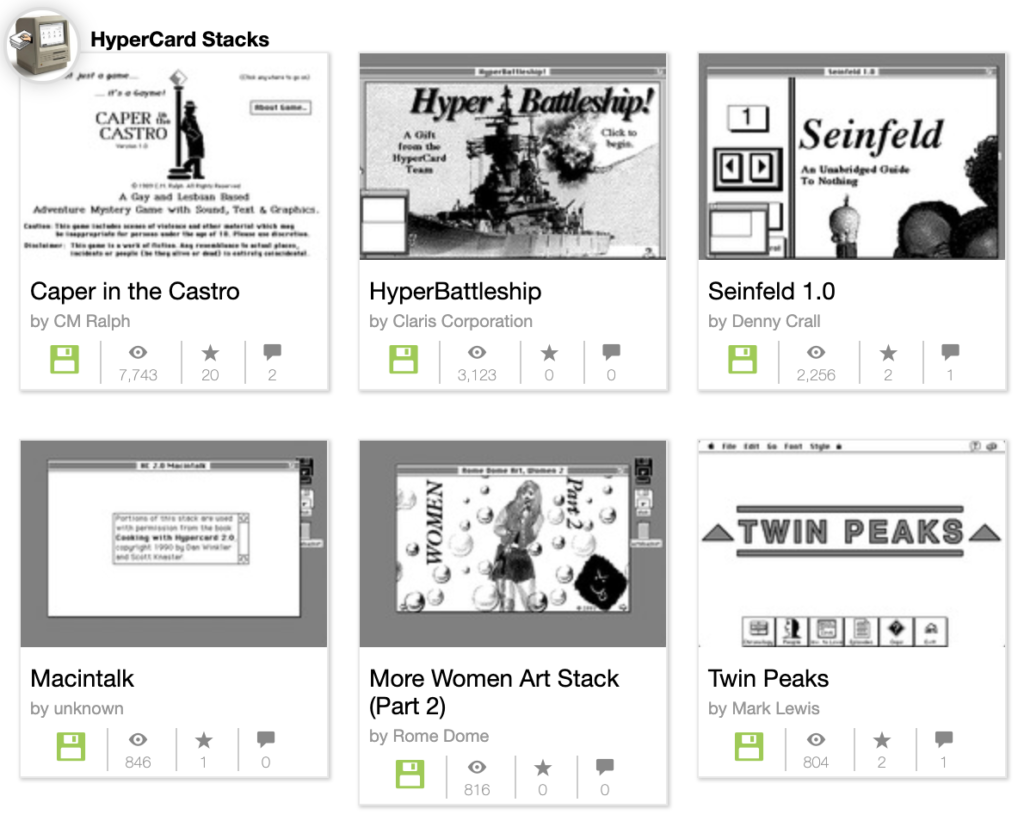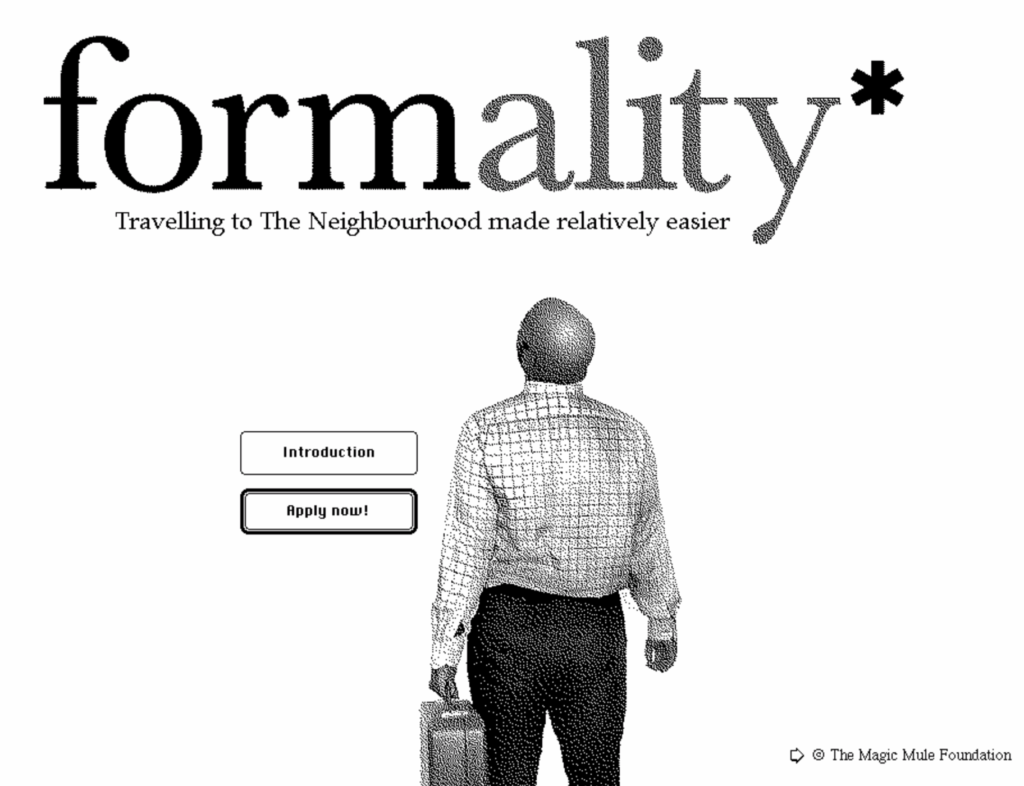Modern Warfare 2019 (MW19) illustrates the difficulties of trying to create a first-person-shooter (FPS) that meets player expectations of the genre while also making it politically sensitive. On the one hand players expect a campaign of set pieces with different weapons (from silenced pistols to drones), different types of action (stealth to blowing things up), and different settings around the world (or off it.) On the other hand, it is hard to imagine a story which would justify the killing of so many people – so many that you can have “fun.” Without zombies or nazis it is hard to find clearly bad guys.
MW19 tackles this by trying a post-modern “forever war” setting. Most of the scenes take place in a fictional Urzikstani which feels like some mix of Kurdish Syria, Iraq, and Afghanistan. A central character is the leader of the Urzikstani resistance, Farah Kadim, who seems modelled on the Kurdish women fighters fighting in Syria. She leads the Urzikstan Liberation Force (ULF) and you actually get to play her in a couple of the scenes.
A forever war setting like Urzikstani makes sense if you are trying to reboot a franchise by creating a setting that can sustain lots of subsequent games. It creates a context for special operations forces of the sort that people like to play. You can have all sorts of different missions with interesting playable spec-op/SAS type characters drawn from earlier instalments and remixed. Above all you can have a combination of lots of Russians and terrorists to fight.
The depressing thing is how the game draws attention to what seems to be a never ending series of conflicts set in motion by the US invasion of Iraq in 2003. The game, deliberately or not, serves as an essay of how forever wars keep going and metastasizing – how they are maintained by superpowers and others who can’t avoid meddling, even as objectives change. In the Piccadilly scene of MW19 you see how these distant wars on terrorism don’t end anything, but can engender more terrorism brought back home to haunt us. Forever wars are not just convenient fodder for FPS games, they are hell for those living in the war zones and one thing the game does a good job of showing is that hell. What it doesn’t do is show the longer term effects from mass migration to trauma/PTSD.
There are some deliberately disturbing scenes like where you are waterboarded and a scene where you can choose to participate in the using of family hostages to extract information. There are times where it is hard to tell the difference between civilians and combatants and part of the game is not killing the innocent. There is a scene called the highway of death which is visually modelled on the original in Iraq, though the game scene takes place after the massacre; but here it is the Russians who were the perpetrators which conveniently rewrites history. Reviewers have questioned what could be called this gamification of torture and history (see this interview with the narrative director).
To me this game nicely raises the question of whether a game in general, or an FPS in particular can deal ethically, accurately and sensitively with war. MW19 doesn’t look away from the horrors of modern war, but risks minimizing them as entertainment. MW19 tries to deal with this new state of never ending war, but doesn’t really say anything about it. It doesn’t want to glorify war, but it does want to make the simulation fun so it has to be careful not to condemn shooting. Like any expensive game/movie it seems to carefully step back from any conclusions that would alienate customers other than the game legitimizing rhetoric of exceptionalism. This is where the heroes that you get to play somehow are justified in “taking the gloves off” and doing things that would be war crimes, or at least against orders. This rhetoric of exceptionalism, where you the player are always excused from the rules that others live by, can desensitize us to the importance of rules, processes and orders. It encourages us to think everything can be solved by a Rambo figure who does what no one else can. What would the world be like if everyone did so? Why don’t we look for reliable solutions to things like wars rather than exceptional heroes that will solve it for us? Can games deal with the complexity of systems and wars?
See reviews like:



